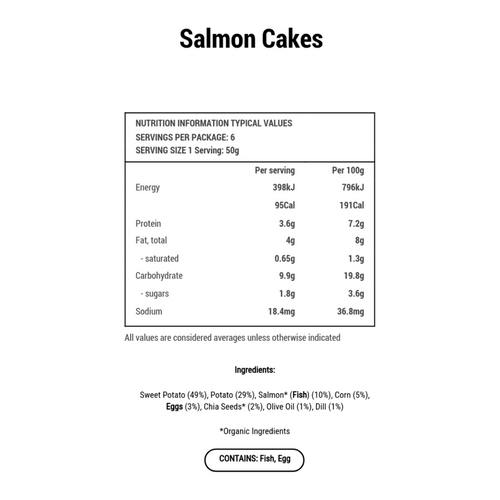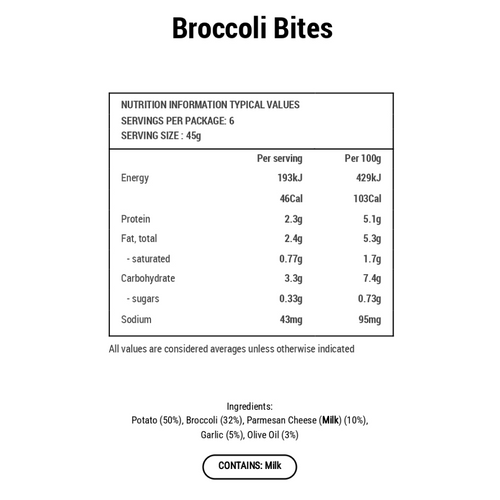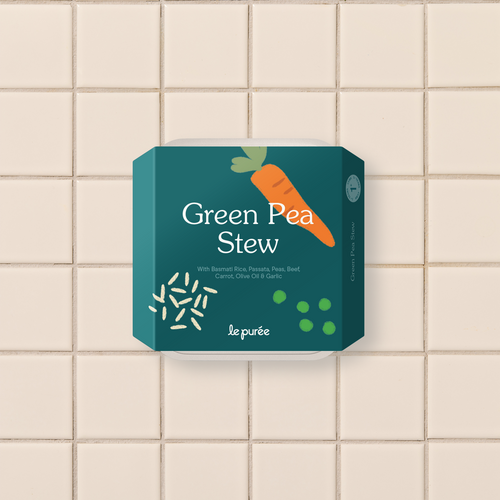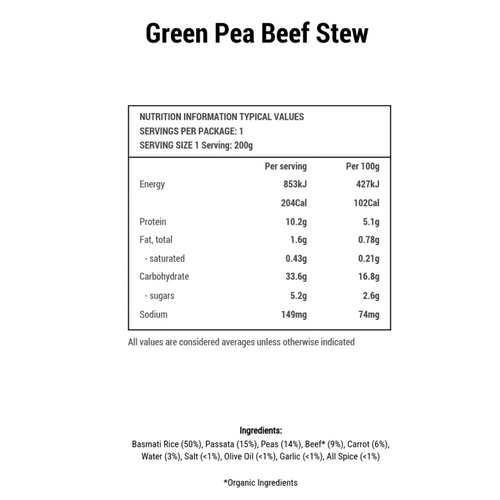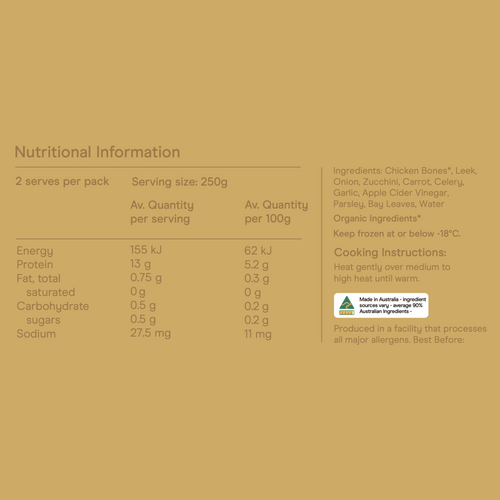By Dr Eliza, Perinatal GP & Founder of Nurture Medical

As parents, it's natural to keep a close eye on how our little ones are growing, learning, and developing. But with so much variation in when children hit certain milestones, it can be tricky to know what’s truly cause for concern, and what falls within the wide range of “normal.” In this guide, we’ll walk through the key areas of development, what to look out for, and what steps to take if you’re feeling unsure about your child’s progress.
When assessing a child’s development, we usually look at 4 domains/ areas of development:

Gross motor development:
This involves the large muscles of the body and includes milestones such as sitting (typically around 6-8 months), crawling (usually around 7-10 months), walking (usually around 12-15 months), throwing (typically around 15-18 months), etc
Fine motor development:
This involves use of small muscles in the hands and includes milestones such as in a pincer grip for younger babies (typically around 6-9 months), scribbling (usually from around 12-18 months) or more deliberate drawing (after around 2.5- 3 years old)
Social/ personal development:
This encompasses how children interact with others and understand themselves. Milestones include smiling (typically by 6-8 weeks), play and interaction with others (eg waving, imitating activities, indicating wants) and personal care such as feeding oneself (typically from 6 months with hands and from around 12-18 months with cutlery), putting on clothing (usually from 18-24 months), washing hands (also usually from around 18-24 months), etc
Language development:
This includes expression of language; both the physical construction of sounds and words, but also the child’s range of words/ use of language. It also encompasses their receptive language – that is, their understanding of words spoken by others. Babies babble from around 3-6 months, are usually able to communicate their wants non-verbally from around 9-12 months, and can say words meaningfully from around 9-12 months. Often they are able to join 2 words together by 2 years of age.
There are checklists for each age in your child’s “blue book” and also various checklists available online, to assess whether your child is meeting expected developmental milestones in these domains.
There’s a Wide Range of Normal
Importantly, there is a huge range of normal in terms of typical ages that developmental milestones are reached. For example, some babies are walking from as early as 9-10 months and others not until closer to 18 months.
Many children will develop in some areas more quickly than in others – for example, they may learn to talk more quickly than other children their age but might start walking somewhat later. There’s often no correlation with their strengths as they get older, and typically, children will reach milestones in their own time.
What to Do If You’re Worried
If you have any concerns about your child’s development, a good start point is to talk their childcare educators (if they are in care outside the home), as they have a great idea of how your child is going at childcare and how they compare to other children of the same age. An appropriate next step is to see your GP.
What Will Your GP Look At?
GPs will use a version of the Denver Developmental scale to assess your child’s development – you can also access this online, as a guide to the things that they will be looking at and the expected age ranges for meeting milestones in the four areas described above.
There are some medical conditions that might need considering – for example, if your child’s speech development is relatively later than expected, this can be due to underlying hearing issues and referral for a hearing check is often appropriate. Social/ personal development might be affected by Autism Spectrum Disorder or similar, and gross motor development might be affected by problems with your child’s joints, muscles or nerves.
If the GP is also concerned about your child’s development across all/ multiple domains, then the next step might be to see a paediatrician who specialises in developmental assessments. They will do much more detailed testing and can diagnose certain conditions such as Autism Spectrum Disorder or cerebral palsy.
If just one domain is affected, then your GP may refer your child to relevant allied health professionals for further assessment and treatment, after a medical cause has been considered/ excluded. This might include a physiotherapist for gross motor development, a speech pathologist for language development or feeding concerns and an occupational therapist for fine motor and social development. If your child has been diagnosed with a developmental delay, then they might qualify for a GP management plan, which allows Medicare subsidisation for allied health visits.
Final Thoughts

Remember, every child develops at their own pace, but if something doesn’t feel quite right, trust your instincts. Speaking with your child’s educator or GP is a great first step, and there’s plenty of support available. You’re not alone on this journey.
Dr Eliza





